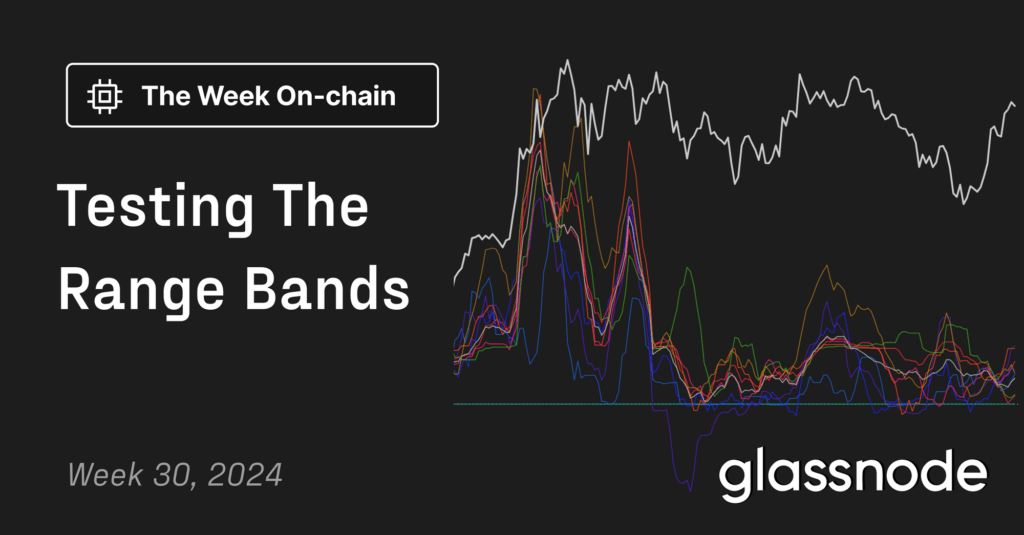Research Summary
The report discusses the shift towards a world of multiple chains and rollups, emphasizing the need to address issues related to trust assumptions, security risks, and user experience. It highlights the importance of trust-minimized state interoperability and the role of storage proofs in handling oracle and data computation problems. The report also explores the limitations of storage proofs and the potential of off-chain protocols like Coprocessors, Recproofs, and Zero-Knowledge MapReduce (ZKMR).
Key Takeaways
Importance of Trust-Minimized State Interoperability
- Crucial for Functioning: Trust-minimized state interoperability is vital for the operation of rollups, applications, and chains in a world with fragmented state across different domains.
- Role of Storage Proofs: Storage proofs play a significant role in solving oracle and data computation problems, allowing for efficient access and computation on fragmented on-chain state.
Storage Proofs and Their Limitations
- Addressing Liquidity Fragmentation: Storage proofs help tackle liquidity fragmentation and enable cross-chain applications to transition from silos to granaries, enhancing expressiveness without compromising trust assumptions.
- Limitations: Despite enabling trust-minimized access to historical storage, storage proofs have limitations in terms of efficient computation and queries on the fetched data.
Off-Chain Protocols: Coprocessors, Recproofs, and ZKMR
- Extended Functionality: These off-chain protocols extend the functionality of on-chain virtual machines by performing computations on verified data.
- ZKMR Proofs: ZKMR proofs enable the merging of storage proofs from different chains, allowing for cross-chain computation and acting as a cross-chain coprocessor for messaging protocols.
Role of Oracles and Storage Proofs
- Oracles: Oracles are crucial in providing off-chain data for real-world applications, but their usage is limited due to factors such as cost.
- Enhanced Security: Storage proofs can enhance the security of cross-chain messaging protocols by proving the existence of specific block headers/messages.
Blockchain Scalability and Efficiency
- State Bloat Issue: State bloat remains a problem, and while storage proofs can verify state on-chain or off-chain, the storage of state is still necessary.
- Specialization and Optimization: Delegation, specialization, and optimization within specific node types are essential for blockchain scalability.
Actionable Insights
- Investigate the Potential of Storage Proofs: Given their role in addressing liquidity fragmentation and enabling cross-chain applications, storage proofs present a promising area for further exploration.
- Consider the Limitations: While storage proofs offer numerous benefits, their limitations in terms of efficient computation and queries on fetched data should be taken into account.
- Explore Off-Chain Protocols: Off-chain protocols like Coprocessors, Recproofs, and ZKMR extend the functionality of on-chain virtual machines and could be a focus for future development.












